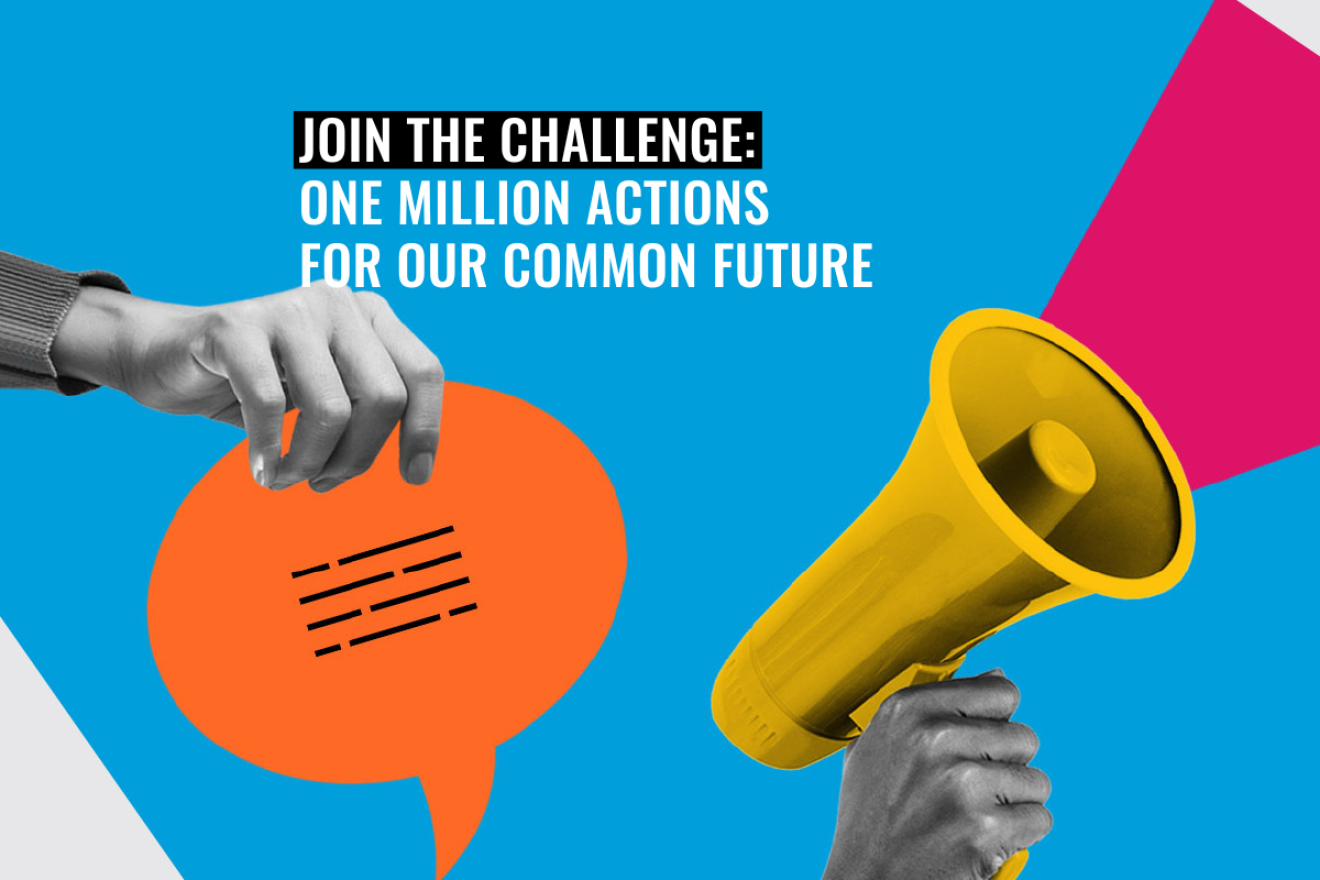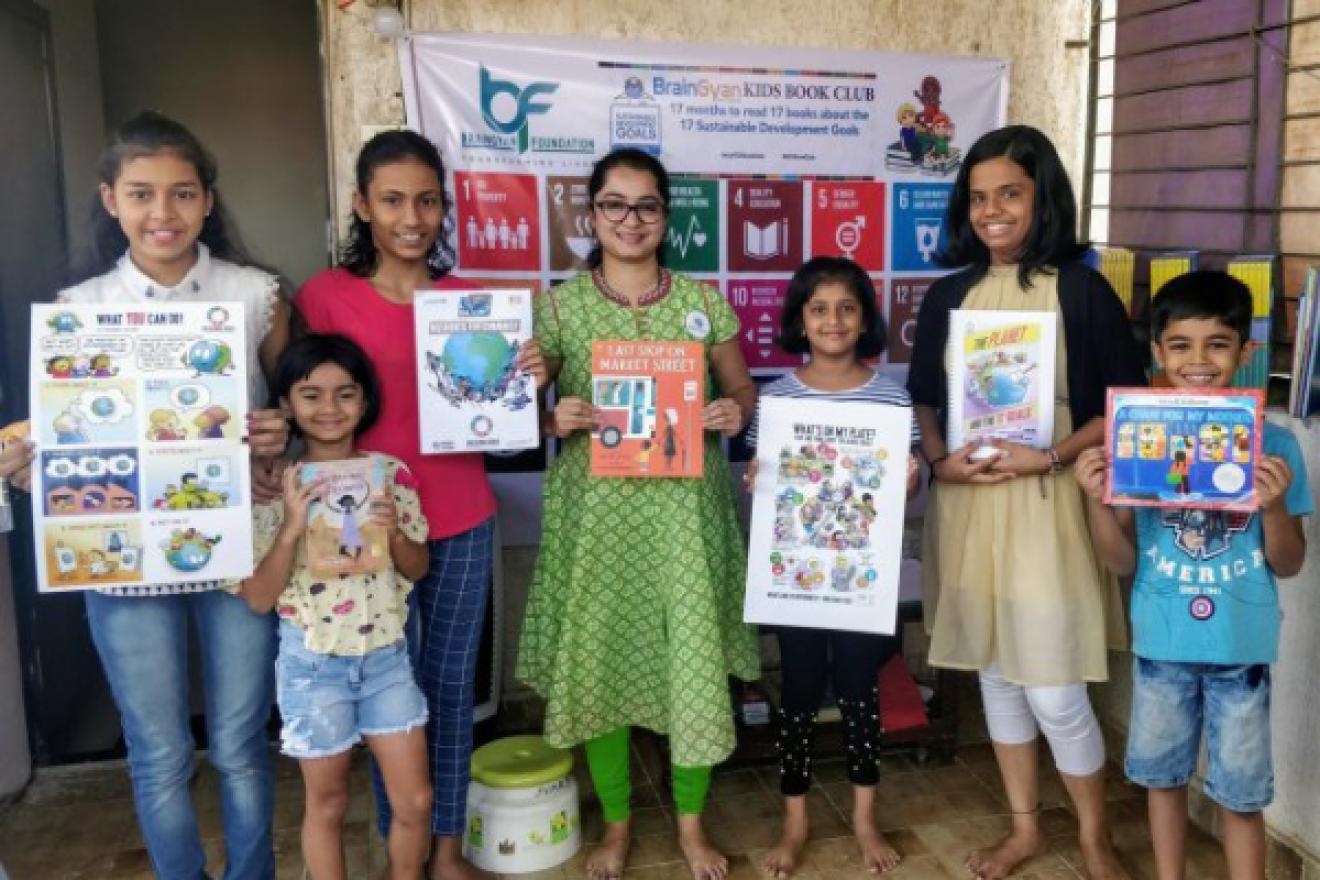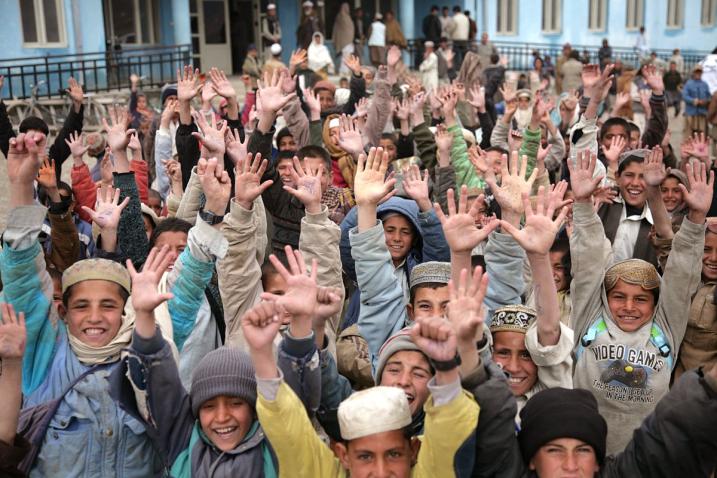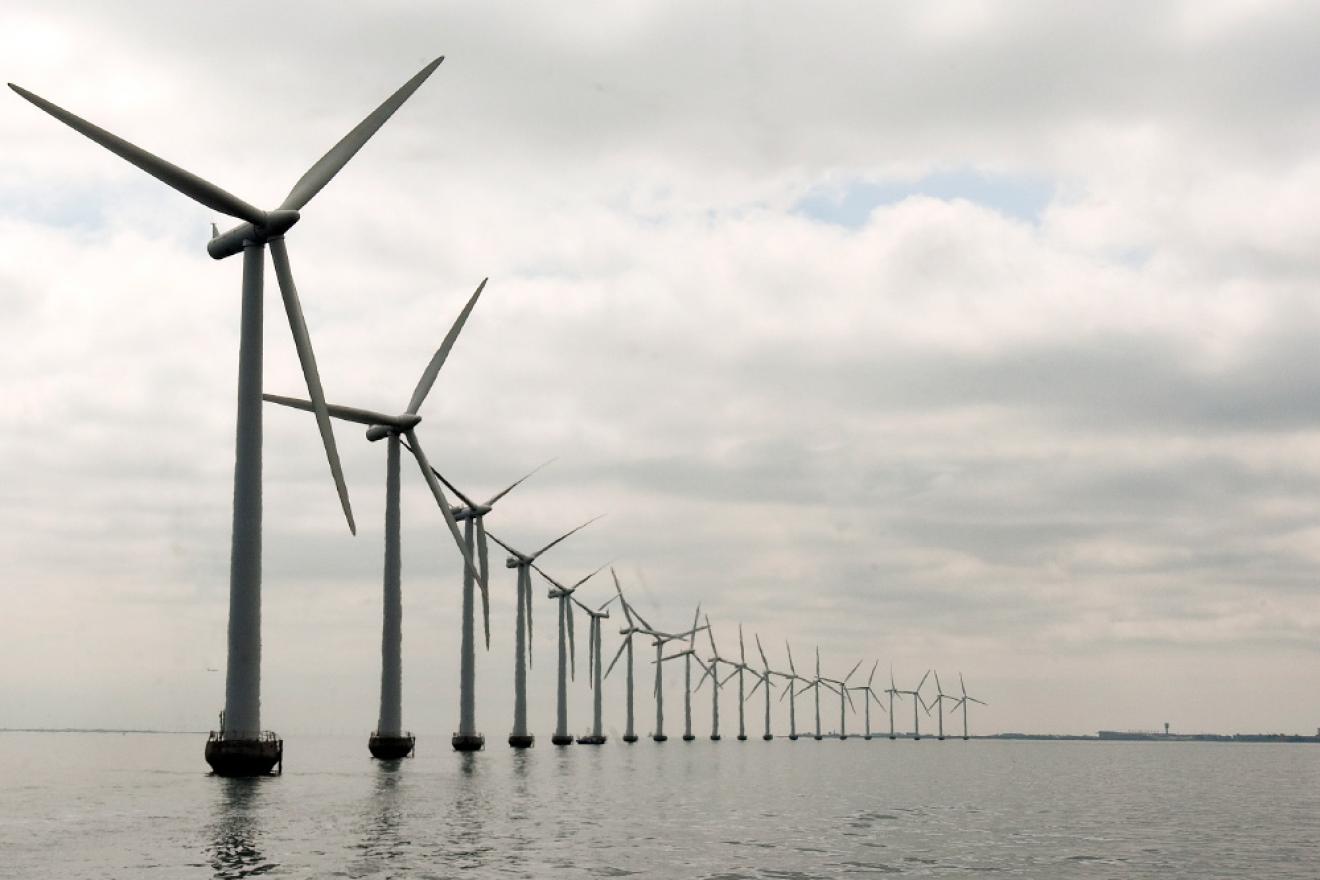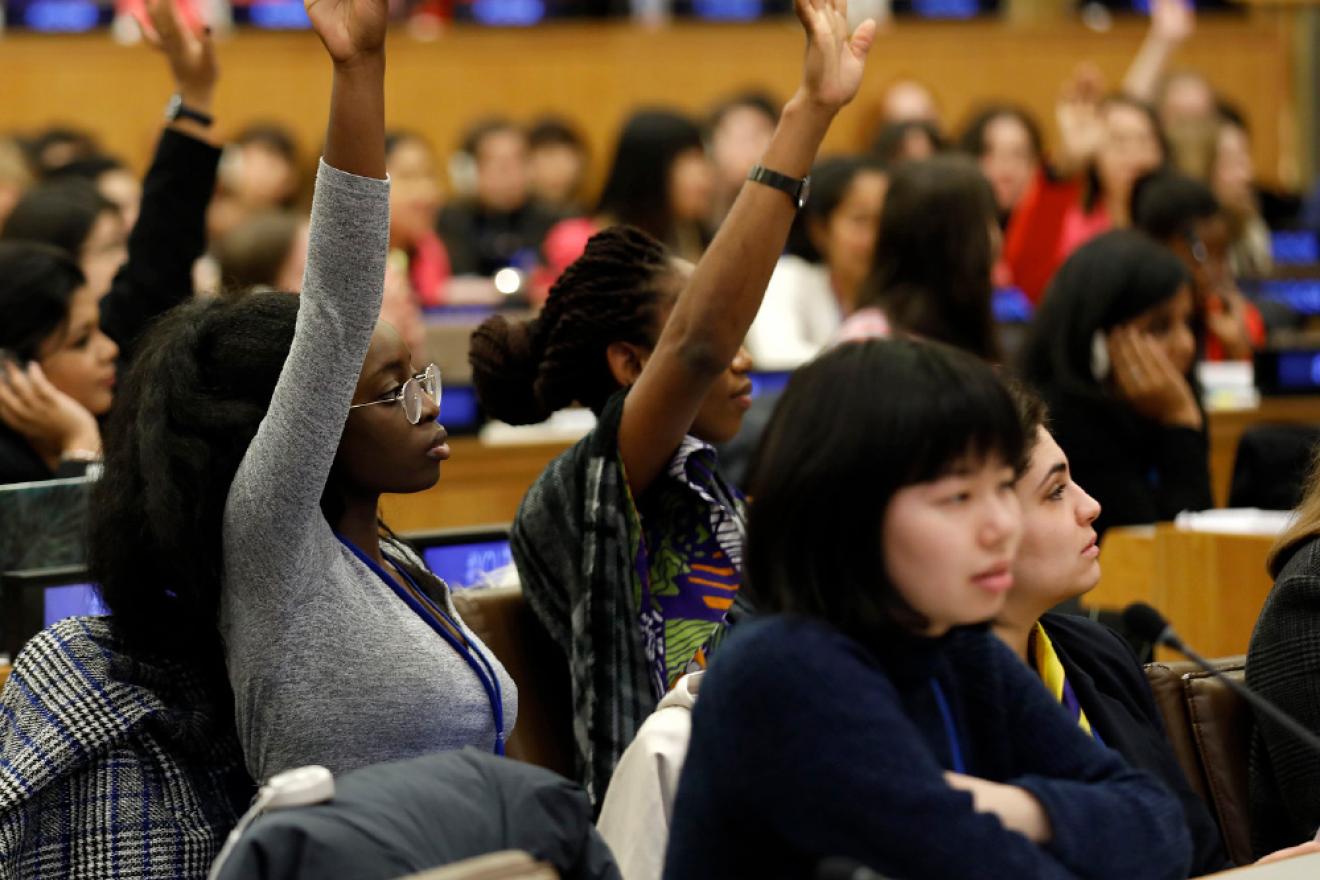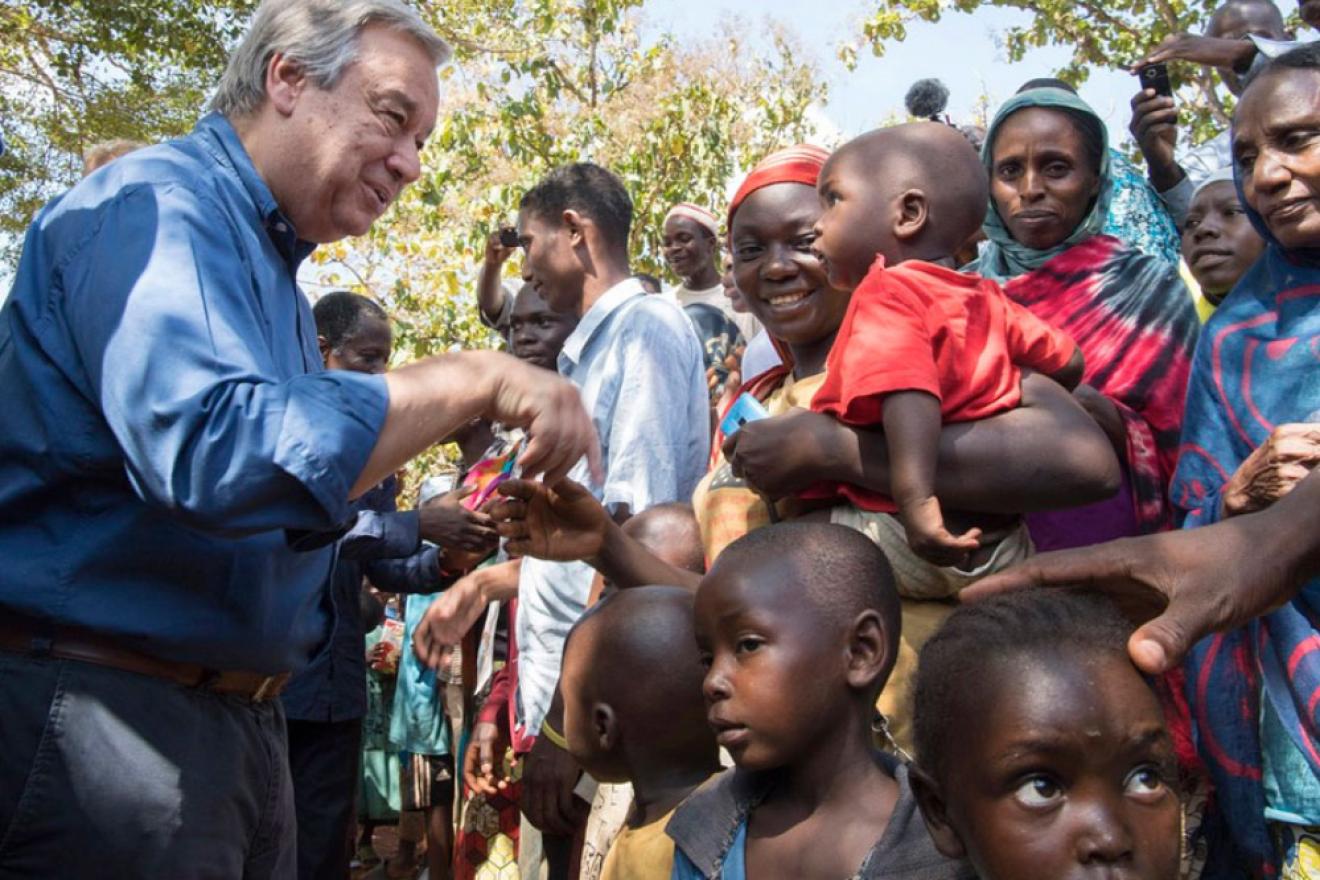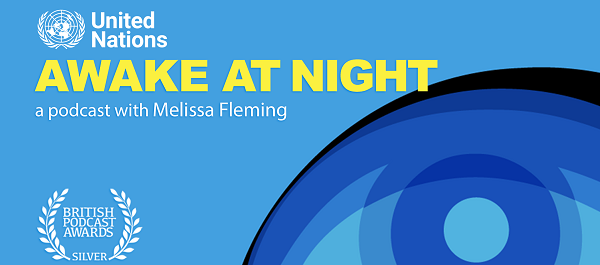The Goals can improve life for all of us. Cleaner air. Safer cities. Equality. Better jobs. These issues matter to everyone. But progress is too slow. We have to act, urgently, to accelerate changes that add up to better lives on a healthier planet. Find new inspiring actions on the app and at un.org/actnow.
Pulses of the world: from modesty to excellence
Pulses possess exceptional nutritional attributes, and their cultivation provides immense environmental benefits. Yet, per capita consumption has declined in many countries, both developed and developing. Dietary shifts, changing consumer preferences, and a lingering perception in some contexts that pulses are “humble” or traditional foods have contributed to this downward trend. This World Pulses Day (10 February), let’s challenge the misconceptions that overshadow these crops and celebrate the true excellence of pulses in making nutritious diets accessible to all.





